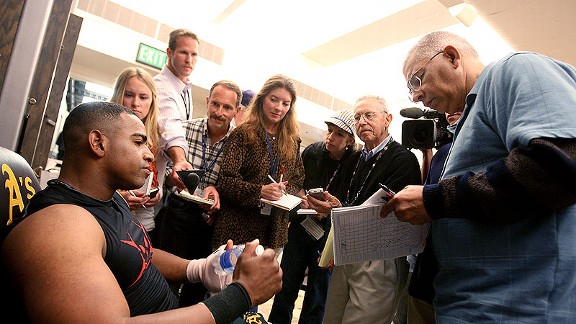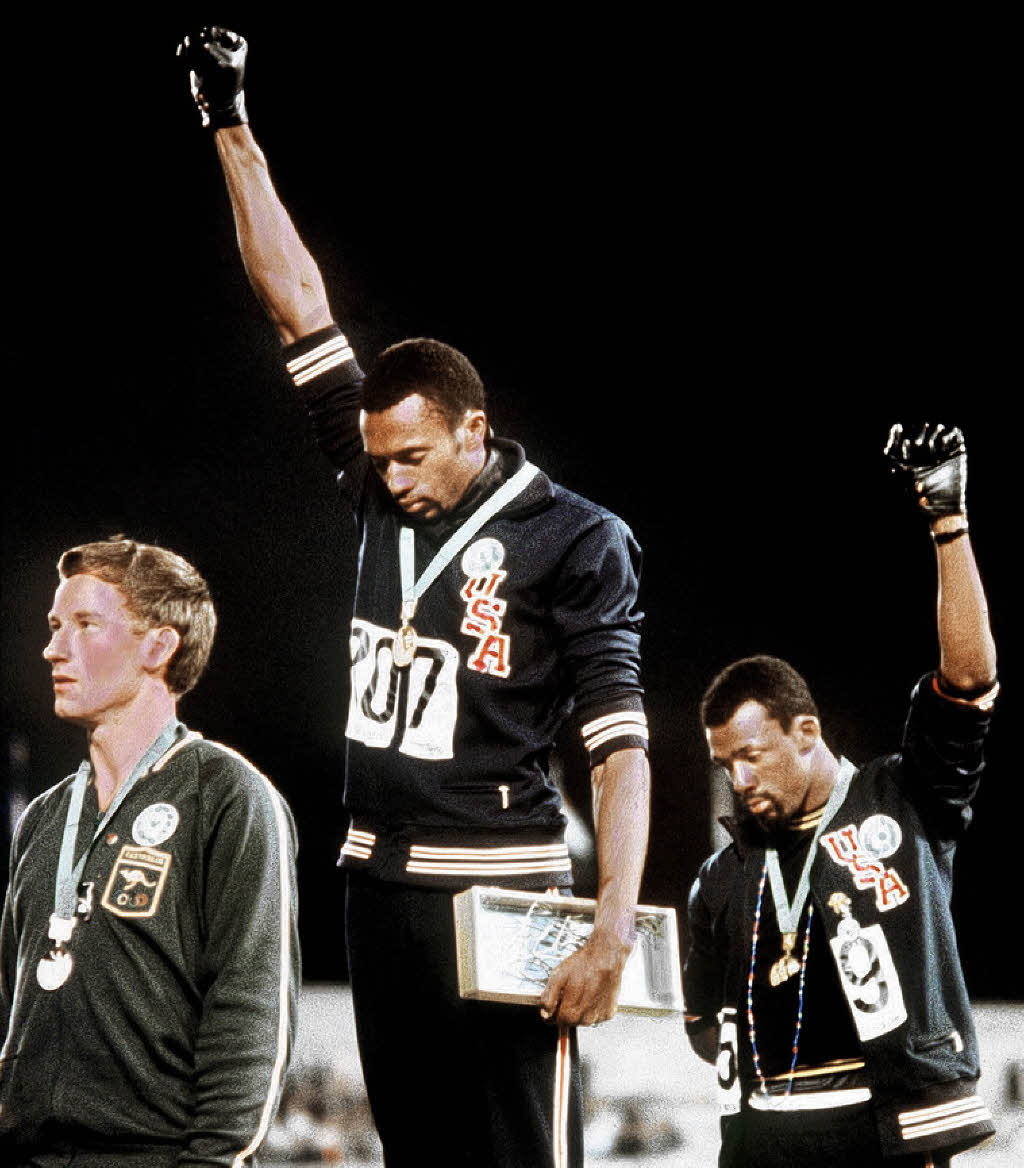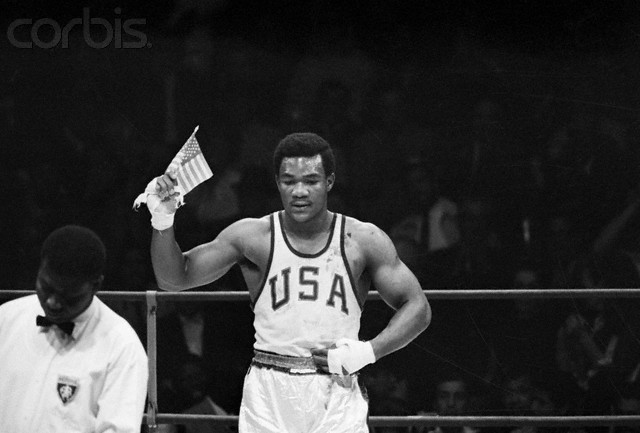Much of the Internet is littered with hollow click bait, so that makes Richard Deitsch’s “Media Circus” column at SI a welcome anomaly. It’s always overstuffed with ideas and all sorts of interesting and provocative views. In his latest column, Deitsch presents a panel on race in sports media. It doesn’t disappoint. Here’s Gregory Lee Jr. of the Florida Sun-Sentinel answering the question, “How much racism exists today in the sports media?”:
“Gregory Lee Jr.:
The landscape remains institutionalized. During my 20 years in the newspaper business, the path to landing a job is about who you know. Sports editors tend to hire people they are comfortable around, people who could have a beer with them. It still happens. How else would you explain that 90 percent of the sports sections are made up of white males? There are only four African American sports editors at large newspapers today. One day, while in the offices of the Boston Globe, I had a conversation about potential candidates with my boss Joe Sullivan. I rattled off names of people I thought would be good for our NBA opening. My boss did not really know the people I named, so I invited him to attend the National Association of Black Journalists Convention in Las Vegas in 2007 so he could meet people that otherwise he would not have had on his radar for openings. There he made many connections with people not only in the job fair; Joe went to sports-related workshops, receptions and parties to get to know the talented journalists that were in attendance. The Globe would eventually hire great people such as Marc Spears and Gary Washburn, and Joe has been to a few more NABJ Conventions to check out talent pool and connect with the membership.
The problem in the industry is we don’t have enough voices in the newsroom to shed light on the disparities there. There are not many people of color or women in editing positions who can influence decision-making. Joe and I were a great team because he knew I had access to a number of talented journalists of color due to my participation in NABJ and the Sports Journalism Institute, a program that helps minorities and women achieve careers in the industry. During my time at the Globe we brought in a number of talented people such as Jerome Solomon, Baxter Holmes, Julian Benbow and then Monique Walker (now Jones). But the key thing is editors should take personal responsibility in developing their own talent database and not rely on the company’s recruiter. As an editor, I am expected to know who are the talented sports journalists around the nation, regardless of color. I should not have editors continuing to call me to locate talented minority journalists. I am happy to be a resource and headhunter for my fellow editors, but it’s time for all of them to create their own pool of talent. If we do that, then our numbers will grow. An example of a double standard in sports media is that African American sports reporters are told the path to getting a column is to start from the bottom on the high school beat, work your way to a college beat and then cover a professional beat. A few years ago, a major newspaper gave a column to a white male who never had a major beat before. This person skipped over the entire process that African Americans were told they had to take. Let me tell you, that pissed off some of my friends in the business. Let’s be clear, there was no animosity towards the new columnist. The frustrations rests with the consistent double standards that still exist.”



